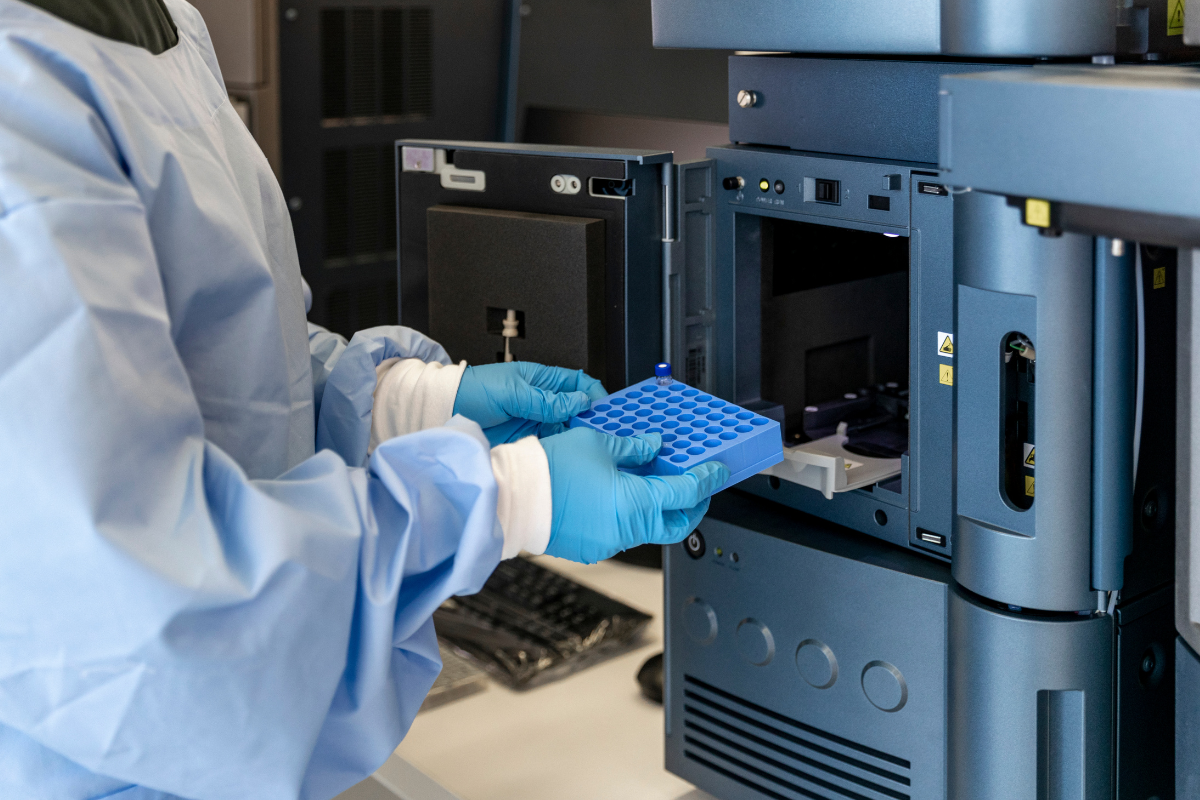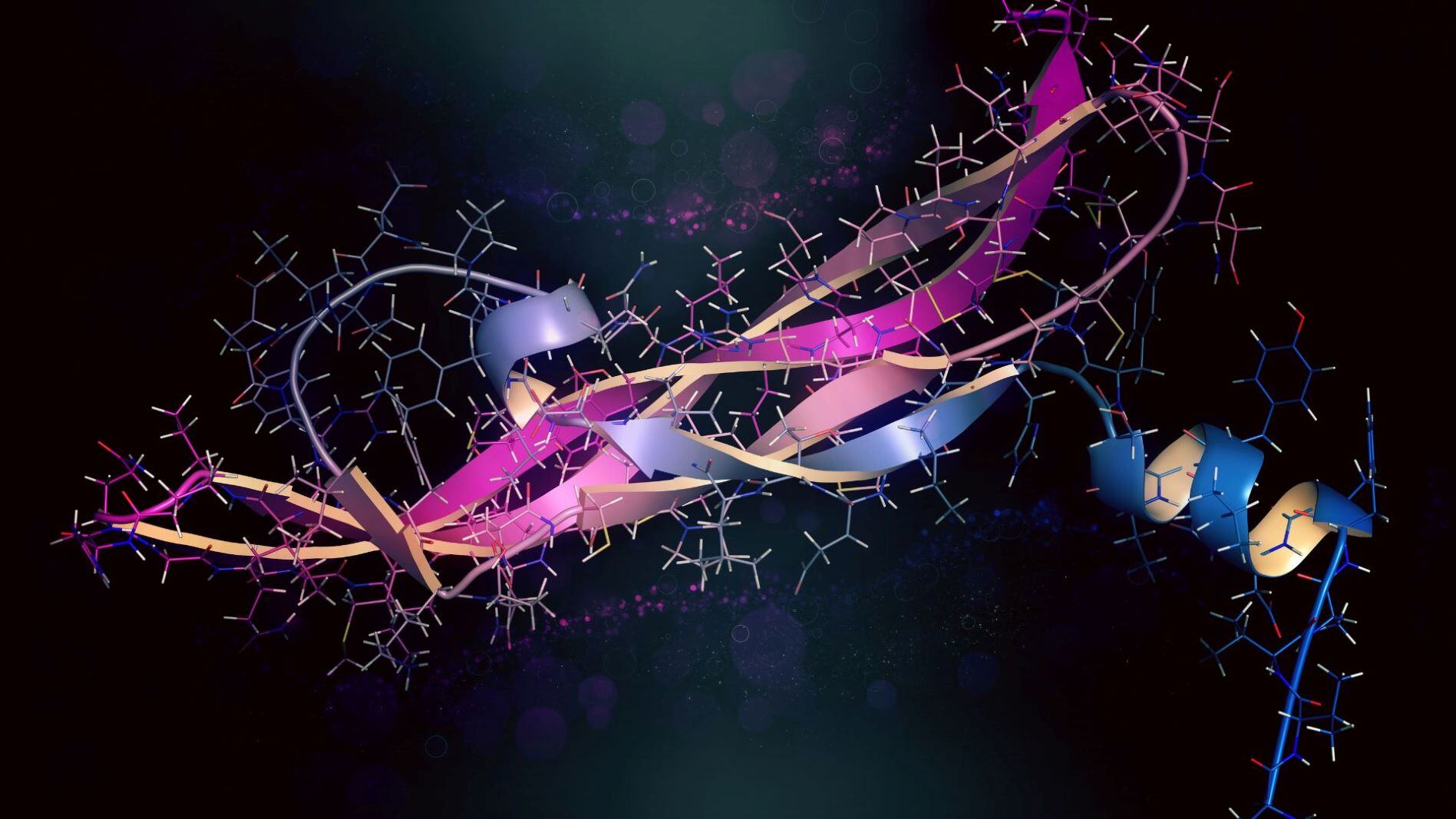From Screening to Success: How Molecular 'Super-Glue' SJ3149, Could Advance Cancer Treatments

HTS in Drug Discovery
Developing new drugs requires considering a very large number of molecules in the molecular space and identifying suitable candidates that can be investigated in more depth for their use as potential therapeutics. HTS plays a crucial role in this process; it enables a biochemical or cellular event to be reproducibly and rapidly tested against chemical entities.
Furthermore, HTS can run millions of chemical tests in a short time, making drug discovery processes more efficient. The results from the HTS provide a foundation upon which drug design is used to generate lead compounds with physicochemical properties for therapeutic uses.
Case Study: Application of Molecular Glues in Cancer Therapeutics
Molecular glues manipulate a cell's inherent protein recycling mechanism by inducing a specific interaction between an E3 ligase and a target protein, resulting in proteasomal degradation. Given the challenge of effectively targeting cancer-related proteins with conventional small molecule inhibitors, molecular glues present a promising therapeutic alternative.
A group of scientists at St Jude Children's Research Hospital joined forces to improve an existing chemical compound (SJ7095) to develop a new molecular glue degrader, SJ3149. SJ3149 was hailed a molecular 'super-glue,' due to its impressive antiproliferative activity against a range of human cancer cell lines.
SJ3149 binds to the cancer-related protein casein kinase 1 alpha (CK1α), leading to its degradation and subsequent destruction. Zoran Rankovic, Director at St Jude Children's Research Hospital reiterated the novel and impressive nature of SJ3149 by stating: "SJ3149 is the first-in-class potent and selective CK1α degrader, showing efficacy in both in vitro and in vivo cancer models."
Related:
- Interview with Felix Hausch, Professor for Structure Based Drug Research at TU Darmstadt
- Spheroids, Assembloids Could Unlock High Throughput Screening of Neuro Drugs
- Challenges and Opportunities in Targeted Protein Degradation: Current and Future Strategies
The lead scientists at St. Jude Children's Research Hospital developed a large proprietary library of 3630 compound molecular glues. This library underwent HTS against nine paediatric cancer cell lines using 384-well plates to assess their activity across various cancer types. Through clustering analysis, compounds with distinct activity profiles were identified. The HTS process led to the identification of an initial hit.
Following hit optimisation, SJ3149 exhibited increased potency and fewer off-target effects compared to similar compounds. SJ3149 also shared a similar profile to a class of approved cancer drugs, further indicating its credibility and clinical usefulness. The outcome of this study showed that SJ3149 effectively destroyed CK1α in cancer cells, resulting in reduced tumour growth.
Conclusion
This experiment points to the potential of molecular glue degraders in targeting specific proteins for degradation, offering a unique approach to cancer treatment. Furthermore, SJ3149 displayed compatibility with existing treatments, highlighting its patient-friendly nature and potential applicability to a wider population of cancer patients.
Overall, these findings represent a significant advancement in tailored medicine development, with molecular glues playing a pivotal role in the emerging field of chemical biology. Furthermore, the study shows that HTS plays a crucial part in identifying and optimising hits.






